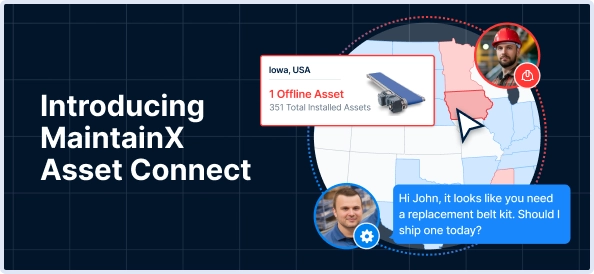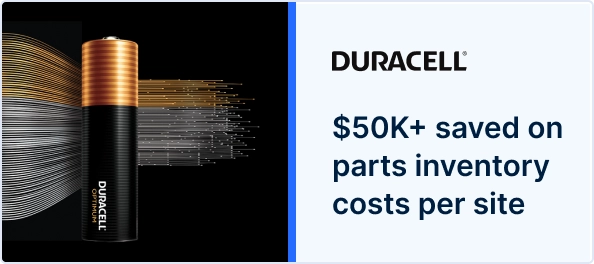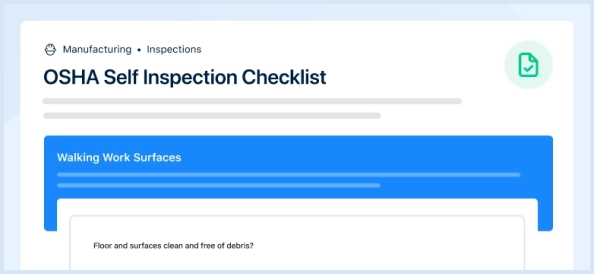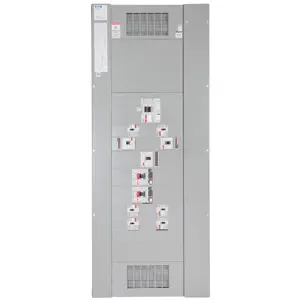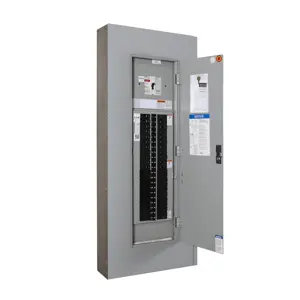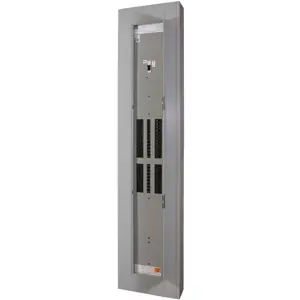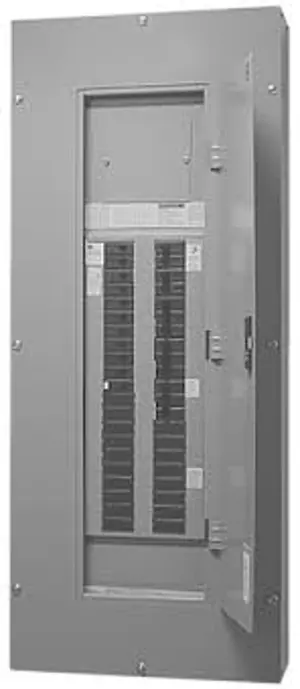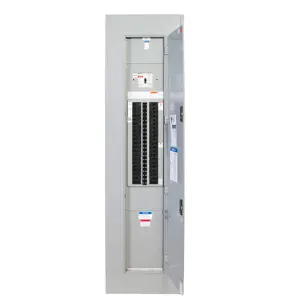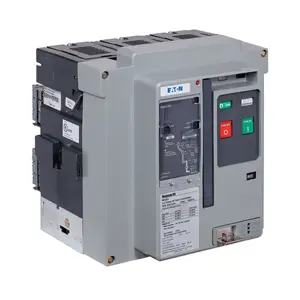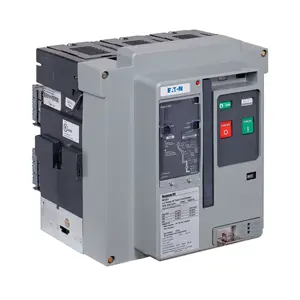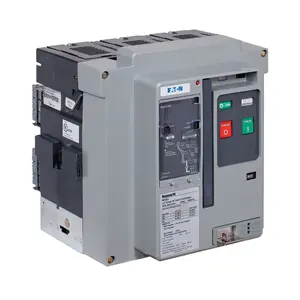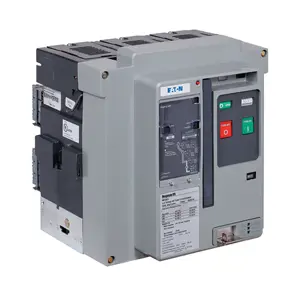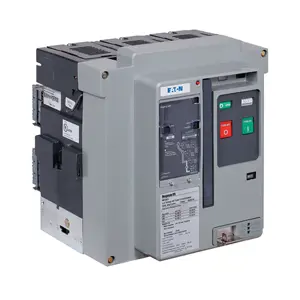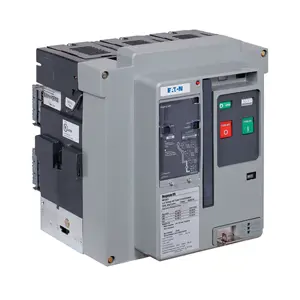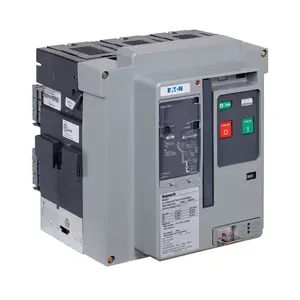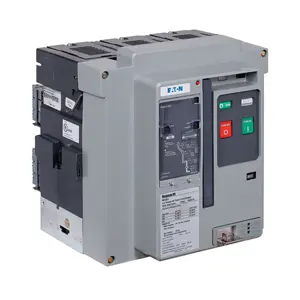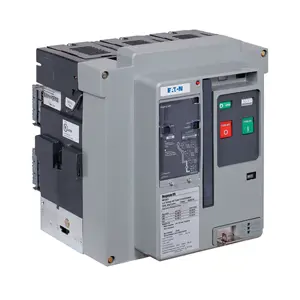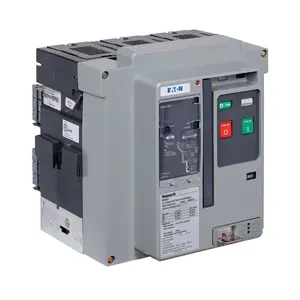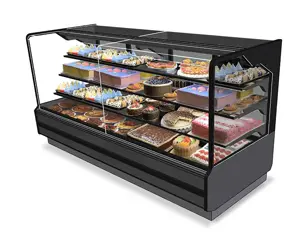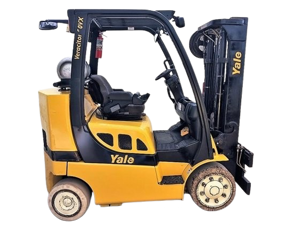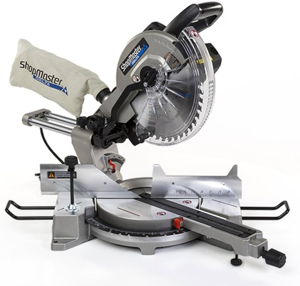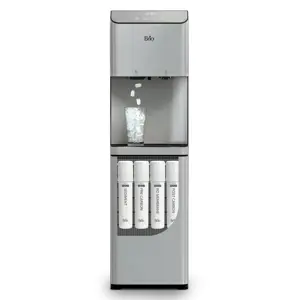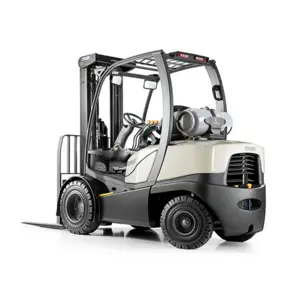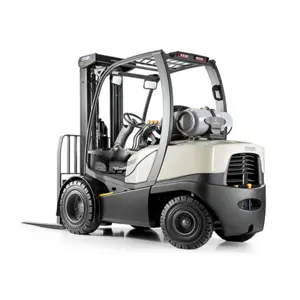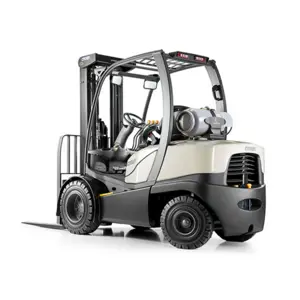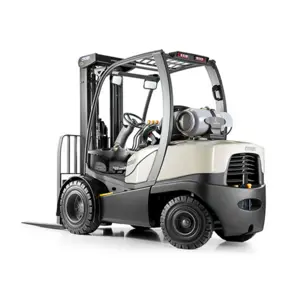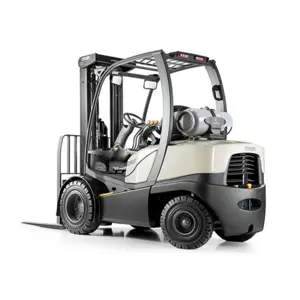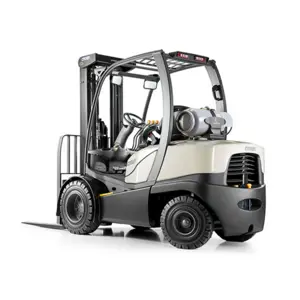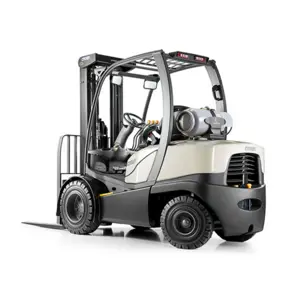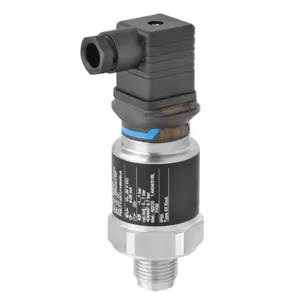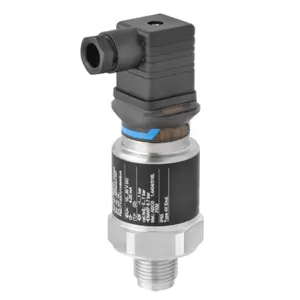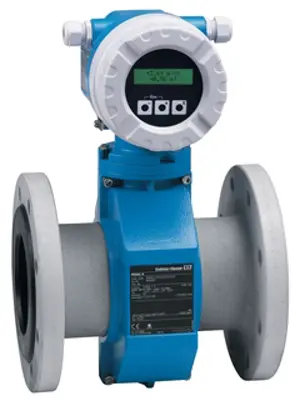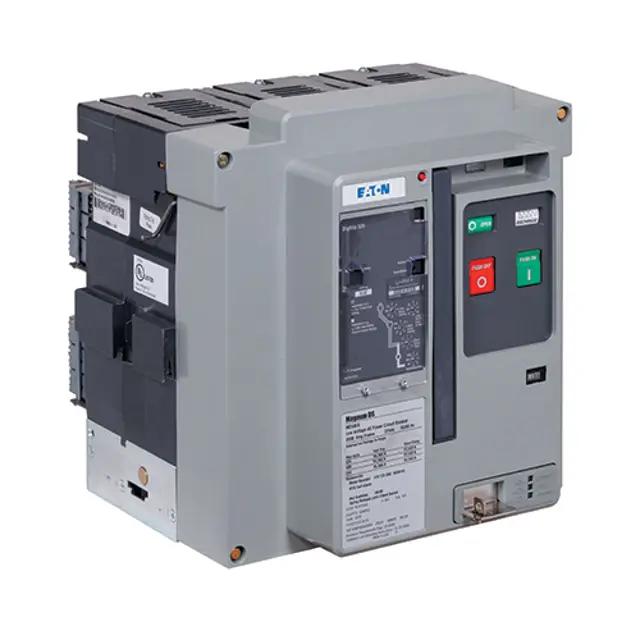

The Eaton Power Circuit Breaker MDS-C08 is a reliable and efficient circuit protection solution designed for industrial applications. This model ensures optimal performance and safety, featuring advanced trip mechanisms and robust construction to handle demanding electrical loads. Regular maintenance is essential to maximize its lifespan and functionality.
Turn manuals into instant answers
with your AI-powered assistantTurn manuals into instant answers
with your AI-powered assistant
Manual for Eaton Power Circuit Breaker MDS-C08
Complete asset maintenance, one click away
Get instant access to all the maintenance information you need. Empower technicians to perform preventive maintenance with asset packages, ready to use right out of the box.
Documents & Manuals
Find all the essential guides in one place.
Tensioning Guide
Belt-diagram
C-120 pulleys
+ 13 more
Work Order Templates
Pre-built workflows to keep your asset running smoothly.
Daily Electrical System Inspection
Replace Roller and Pulley
Install Engine B-120
+ 29 more
Procedures
Integrate maintenance plans directly into your work orders.
Motion Industries
Applied Industrial Technologies
Electrical Brothers
+ 5 more
Parts
Access the parts list for your equipment in MaintainX.
Drive Motor
B2 Rollers
Tensioning System
+ 40 more

Eaton Power Circuit Breaker MDS-C08
Create an account to install this asset package.
Maintenance Plans for Eaton Power Circuit Breaker Model MDS-C08
Integrate maintenance plans directly into your work orders in MaintainX.
1 Yearly Arc Chute Inspection
Pre-inspection conditions: Device(Fixed): Position of Poles: Open, Mechanism: Discharged, Device Position in Cassette: -. Device(Drawout): Position of Poles: Open, Mechanism: Discharged, Device Position in Cassette: Removed.
When a circuit breaker experiences a high-level fault or during regularly scheduled maintenance periods, the circuit breaker’s arc chutes and arc chambers should be inspected for any kind of damage or dirt. Be especially alert for signs of significant erosion of the V-shaped plated inside the arc chute.
Arc chutes fit inside the arc chambers and down over the primary contacts. Each arc chute is held in place by either 1 (SB) or 4 (SBSE) top inserted screws.
Remove arc chute screws and all arc chutes from the arc chamber.
Turn each arc chute upside down and visually inspect the inside.
Look for erosion and sooty discoloration on the splitter plates and insulating jacket. If arc chutes show severe signs of erosion or discoloration, replace with a new arc chute.
Note: Because the arc chutes are removed, this is an ideal time to inspect the primary contacts for wear (See Primary Contact Inspection procedure on page 59).
When the inspections are complete, position each arc chute over its respective set of primary contacts, and secure in place with the screw(s) removed earlier. Be sure to torque arc chute screws to 35 to 45 in-lb.
Sign off on the arc chute inspection
Secondary Connection Inspection
Pre-Inspection Conditions:
Device (Fixed): Position of Poles: Open, Mechanism: Discharged, Device Position in Cassette: -.
Device (Drawout): Position of Poles: Open, Mechanism: Discharged, Device Position in Cassette: Removed.
Procedure:
Breaker:
1. Remove the breaker cover.
2. With breaker removed from cell, verify that the breaker secondary disconnect pins are fully seated and locked into position by lightly pulling on each wire individually.
Note: Do not exceed 1 lb of force or damage to pin or housing may occur.
3. Ensure all pins are straight without bends, corrosion, or show evidence of arcing.
2 Yearly Secondary Injection Trip Unit Testing
Warning: This procedure requires trained personnel!
Charged the breaker mechanism springs using the charging handle or the motor operator
Closed the breaker by applying rated voltage to the spring release accessory and verified closing by noting the state of the indicating flag
Charged the breaker mechanism springs again using the charging handle or the motor operator and disconnected power to prevent automatic recharging
Checked the state of the pop-out trip indicator and reset it if it was 'out'
Pressed the ON pushbutton to manually close the breaker and reset the indicator if it was 'out'
Used the Functional Test Kit to trip the breaker by setting its SELECT TEST switch to INST, then pressing its PUSH TO TEST button
Verified that the trip indicator pop-out button is 'out' and then reset it by pressing the pop-out button
Reset the trip unit by the Reset/Battery Test pushbutton on the front of the trip unit
3 Yearly Interlocks Inspection
Pre-Inspection Conditions: Device (Fixed): Position of Poles: Open, Mechanism: Discharged, Device Position in Cassette: -. Device (Drawout): Position of Poles: Open, Mechanism: Discharged, Device Position in Cassette: Removed.
WARNING: REMOVE THE DRAWOUT CIRCUIT BREAKERS FROM THE CASSETTE FOR THE FOLLOWING TESTS. FOR FIXED MOUNTED CIRCUIT BREAKERS, ALL PRIMARY AND SECONDARY POWER IS TO BE REMOVED.
Circuit breaker is in working order
Circuit breaker will not close if Undervoltage Release is NOT energized
Circuit breaker will not close if levering-in screw access door is open or not fully closed
Door does not close in intermediate positions
Circuit breaker will not close if OFF (open) pushbutton is depressed and then ON (close) pushbutton is depressed
Circuit breaker will not close if internal key lock is engaged
Key should not rotate fully and the breaker should remain in the closed position when key lock is disengaged
Primary Disconnect Inspection
(Drawout Applications Only)
Pre-Inspection Conditions:
Device (Fixed): Position of Poles: Open, Mechanism: Discharged, Device Position in Cassette: -.
Device (Drawout): Position of Poles: Open, Mechanism: Discharged, Device Position in Cassette: Removed.
Procedure:
For Magnum Breakers with Vertically Mounted Primary Disconnects:
1. With breaker removed from cell, verify that vertical adapter nuts and bolts are torqued to 37–43 lb-ft.
For All Magnum Breakers Primary Disconnects:
1. Remove the primary disconnect.
Unlock efficiency
with MaintainX CoPilot
MaintainX CoPilot is your expert colleague, on call 24/7, helping your team find the answers they need to keep equipment running.
Reduce Unplanned Downtime
Ensure your team follows consistent procedures to minimize equipment failures and costly delays.
Maximize Asset Availability
Keep your assets running longer and more reliably, with standardized maintenance workflows from OEM manuals.
Lower Maintenance Costs
Turn any technician into an expert to streamline operations, maintain more assets, and reduce overall costs.
Thousands of companies manage their assets with MaintainX














